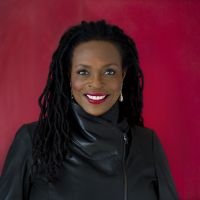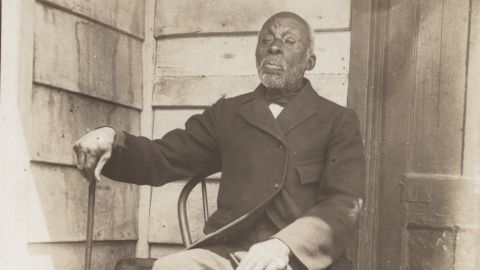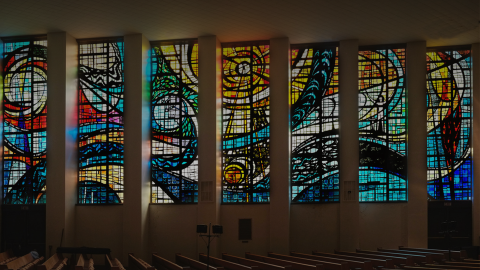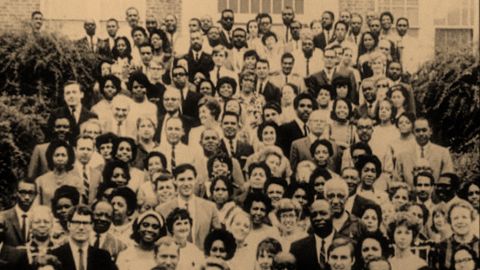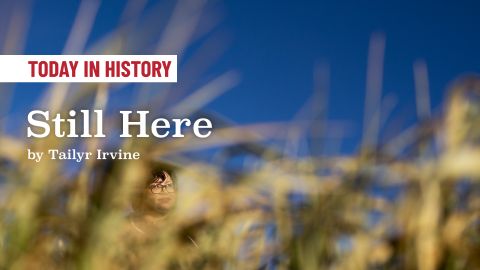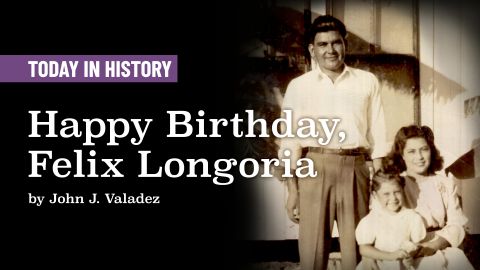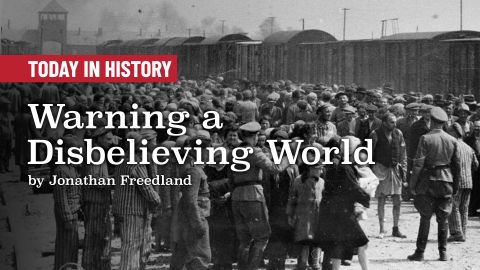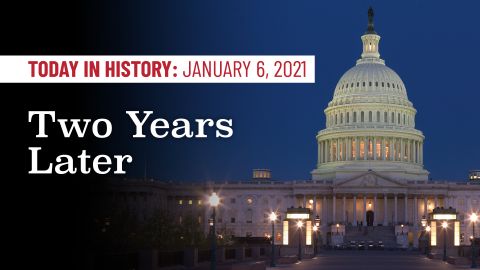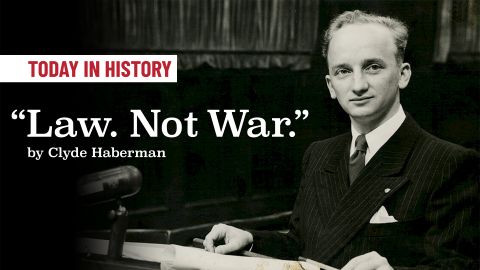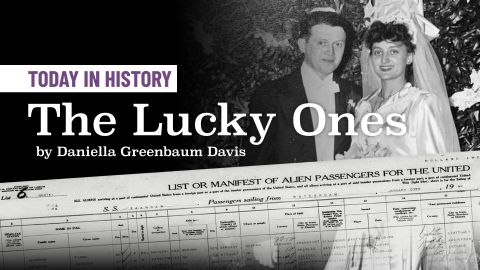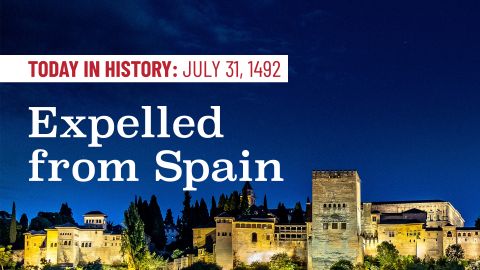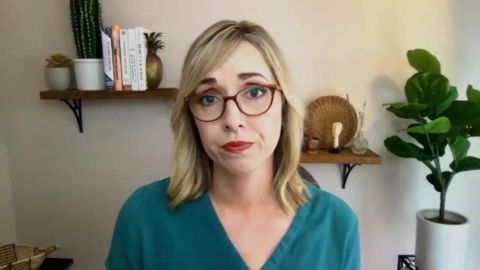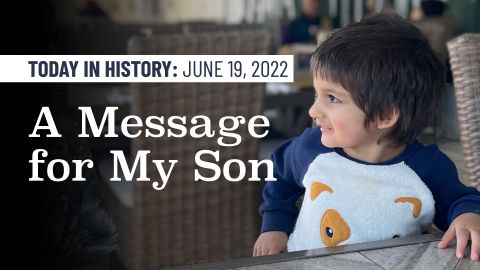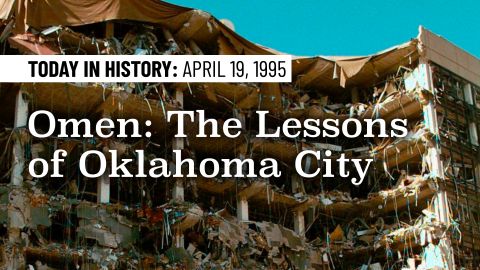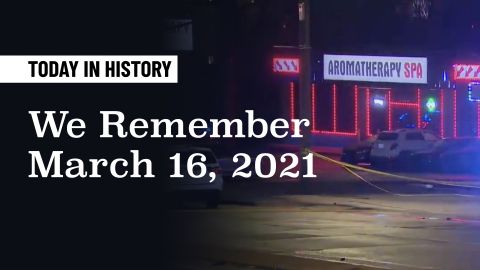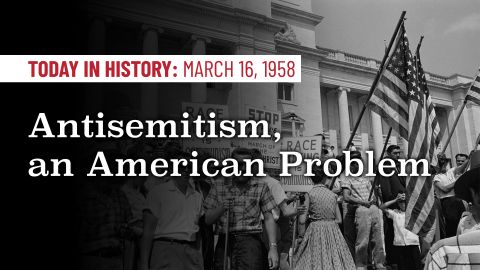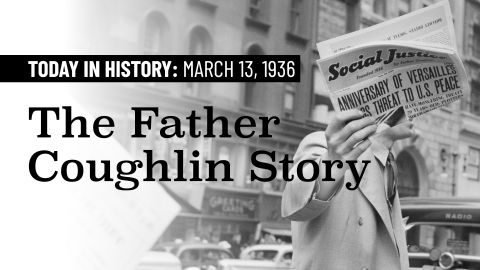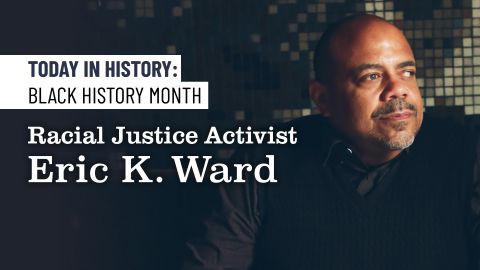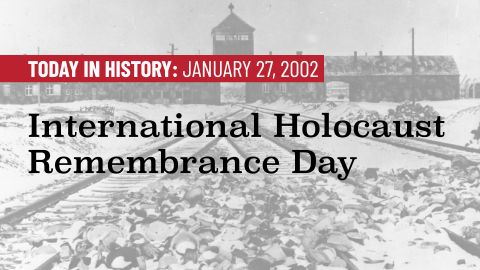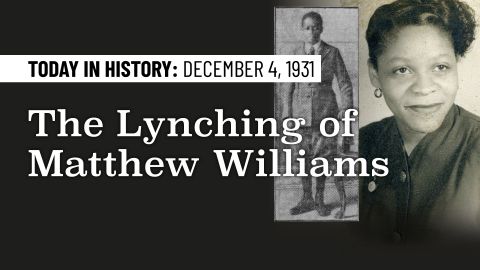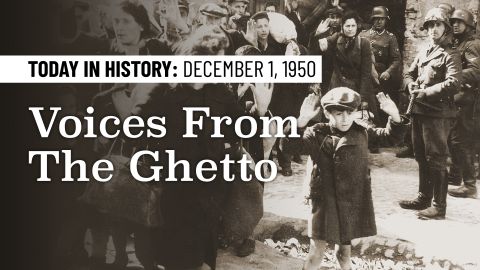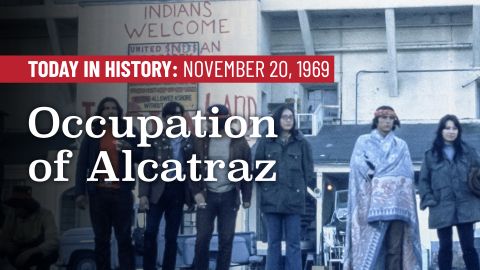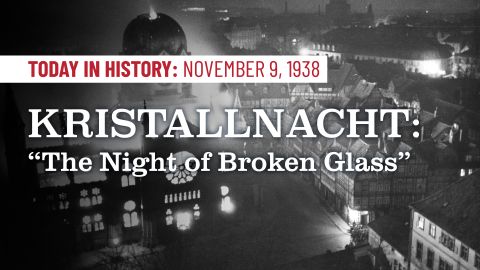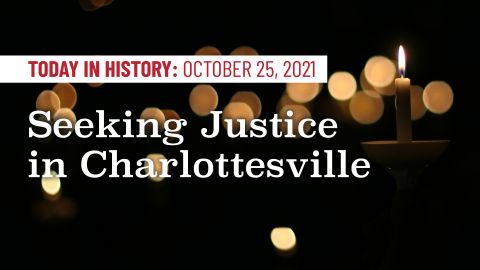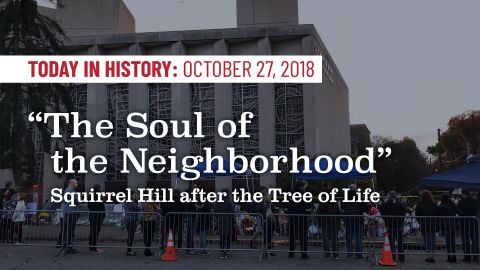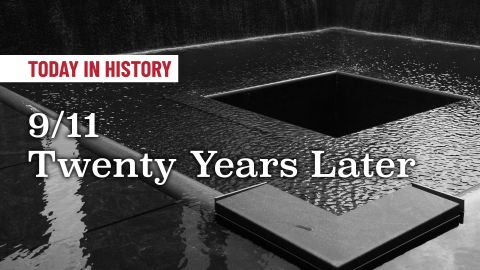Black History Month
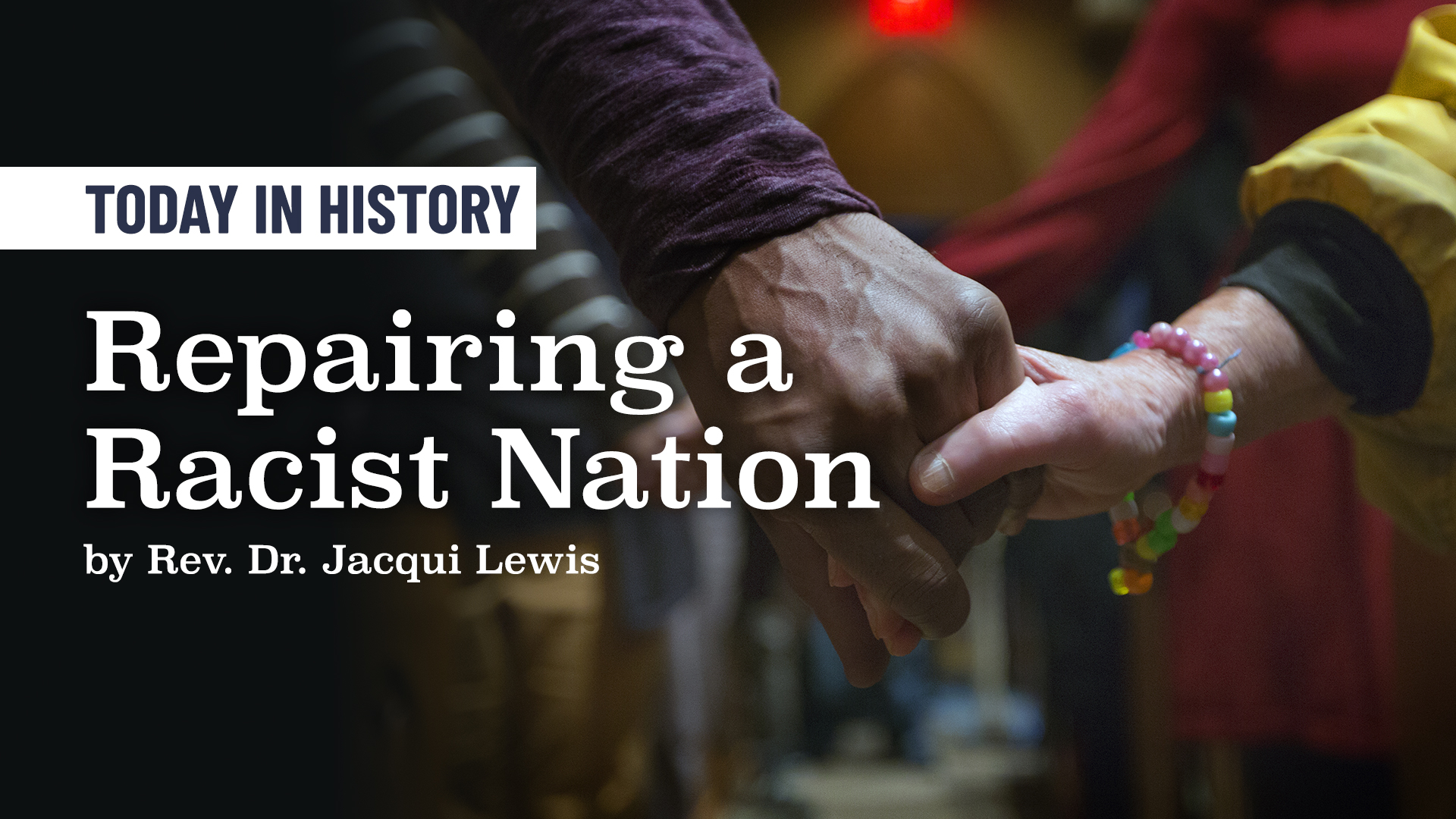
By The Rev. Dr. Jacqui Lewis
Editor’s Note: In honor of Black History Month, The Rev. Dr. Jacqui Lewis, Senior Minister and Public Theologian at Middle Church in New York City, reflects on what becoming an antiracist society really entails.
How proud was I when, as a child, I memorized the Black National Anthem, “Lift Every Voice and Sing.” With poetry by NAACP leader James Weldon Johnson set to music by his brother John Rosamond Johnson, this stirring ballad was sung for the first time by 500 school-aged children in Jacksonville, Fla., on February 12, 1900, to celebrate President Lincoln’s birthday. “Sing a song full of the faith that the dark past has taught us. / Sing a song full of the hope that the present has brought us. / Facing the rising sun of our new day begun, / let us march on till victory is won.”
I see those children in my mind’s eye, children of recently emancipated Black people with strong backs and expansive hearts, singing a song of hope that expressed—in the face of vicious white rage—Black grief, tenacity, resilience, and joy.
Here we are, over a century later and, quite simply, we have not overcome. What I call “whiteness”—white rage, entitlement, a sense of superiority—is hard-wired into our institutions and will not easily be shaken. Who are we trying to be, as a nation? It is an existential question, answered, I believe, by ubuntu.
“What ubuntu means to me is:
When a child is without clean water in Jackson, Mississippi, or Detroit, Michigan, the human family is thirsty.
When a senior citizen in Appalachia can’t afford her medications, we are all unwell.”
I first read about ubuntu in a book on leadership. The concept comes from the Zulu phrase Umuntu ngumuntu ngabantu: a person is a person through other people. Some translate it as, “I am who I am because we are who we are.”
In his “Letter from a Birmingham Jail,” Dr. Martin Luther King expressed ubuntu in this way: “In a real sense all life is inter-related. All men are caught in an inescapable network of mutuality, tied in a single garment of destiny. Whatever affects one directly, affects all indirectly.”
What ubuntu means to me is: When a child is without clean water in Jackson, Mississippi, or Detroit, Michigan, the human family is thirsty. When a senior citizen in Appalachia can’t afford her medications, we are all unwell.
Ubuntu is our birthright; we are all from Africa. Modern science no longer questions that humans first evolved in various locations across Africa, particularly southern Africa. To me it is no coincidence that ubuntu developed in that same region.
This ancient wisdom, having emerged in the first human communities, sustained Nelson Mandela while he was in prison, enabling him to see the humanity of his captors. It was ubuntu that fueled the movement that ended apartheid and helped Mandela dream of and work toward a society in which he could proclaim, “Thus, shall we live, because we will have created a society which recognizes that all people are born equal, with each entitled in equal measure to life, liberty, prosperity, human rights and good governance.”
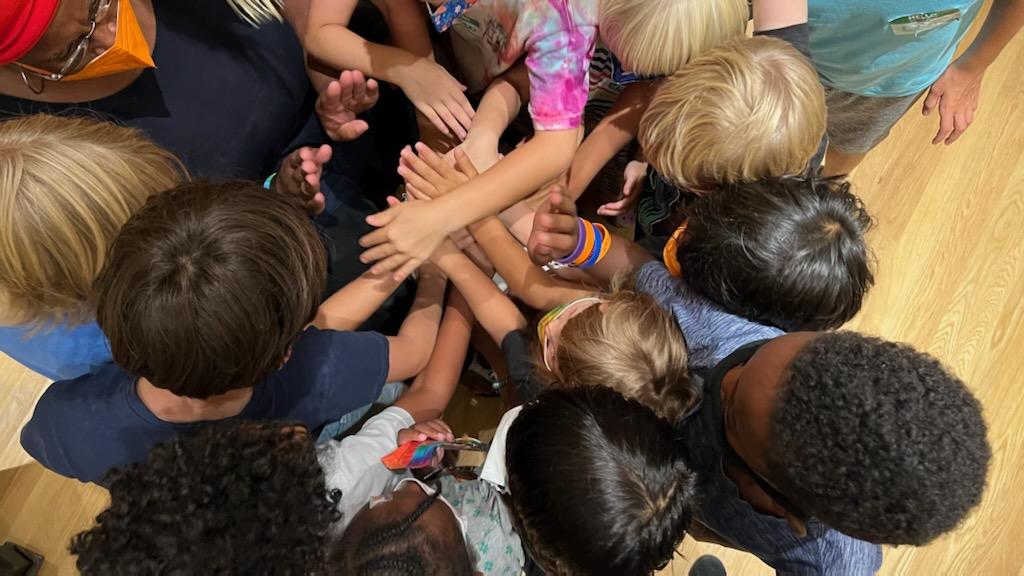
When I think of ubuntu, I think of fierce love, a bold and brave love that involves ferocious courage and rule-breaking kindness that can heal the world. As was true in South Africa, and was true in the multiethnic, Black-led Southern Freedom movement, ubuntu and fierce love can fuel a revolution to help us rise out of our current reality.
The kind of love I’m describing is not sentimental but demanding, heart-transforming, risk-taking, truth-telling love that insists on justice for all the people, no matter who they are, how they look, whom they love, or how they make a living. It’s a transforming love that breaks through tribalism to help humans realize an inextricable and irrevocable connection, and understand that the liberation, livelihood, and thriving of people and planet are tied up together.
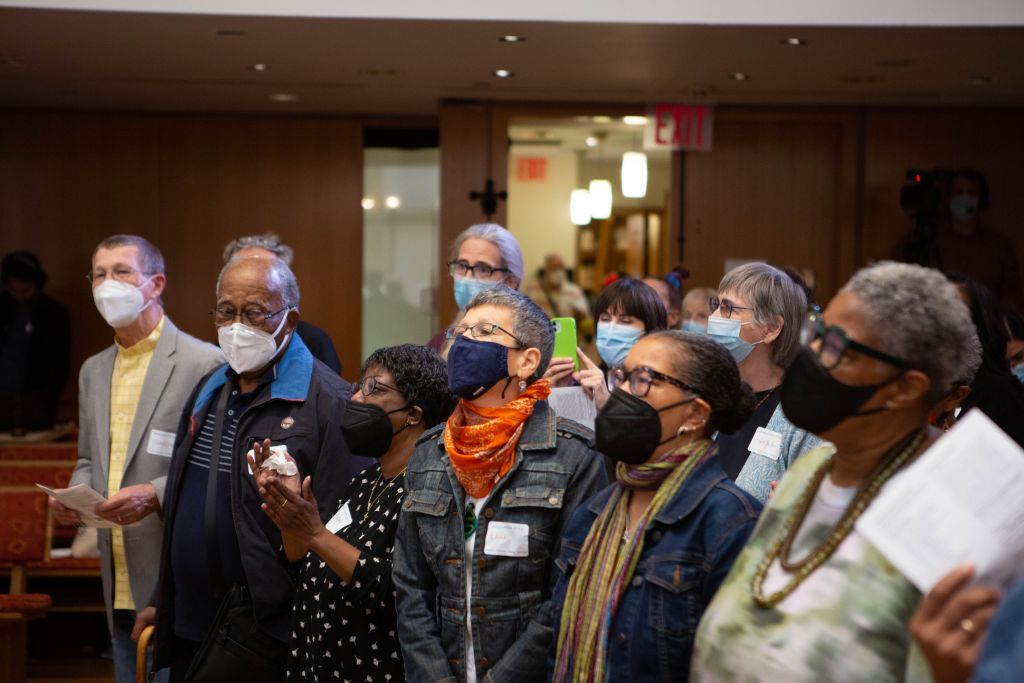
Ubuntu and fierce love would have thwarted the stealing of land from Indigenous people because the settlers who came to Turtle Island would have acknowledged the humanity of the people living here. Ubuntu and fierce love would have made chattel slavery impossible because humans would not have been able to bind the ankles and wrists of other humans, pack them like sardines in ships, strip them of dignity and rights, and treat them as if three-fifths human. And because that happened, because humans were sold and chained and disenfranchised, ubuntu and fierce love call for truth, reconciliation, and reparations paid to the millions in the African Diaspora who were crippled by this evil institution. As Ta-Nehisi Coates wrote in Atlantic Magazine, “Two hundred fifty years of slavery. Ninety years of Jim Crow. Sixty years of separate but equal. Thirty-five years of racist housing policy. Until we reckon with our compounding moral debts, America will never be whole.”
We can be reparations people. Reparations start with you and me. Every human being in this nation and on the planet can begin to repair the harm done not only to Black people but to the human family by white supremacist ideologies. Because we are all one, white supremacy wounds and weakens all of us. As we seek to be an antiracist society, fierce love requires us to:
Acknowledge that this nation’s systems and structures were built with the assumption of white supremacy as a base. That truth needs to be acknowledged, interrogated, and used as a guide to reform how those systems—education, health care, the legal system, prisons, policing, housing, even the arts—work. They are broken and must be repaired.
Recognize that each of us has power in a sphere of influence to be agents of change in the ways the systems work. What we say, write, speak; what we read, share, introject into our psyches; how we raise our children, engage with our neighbors and families—all of these are opportunities to do better. We can and we must.
Understand, to paraphrase Mandela, that love must be taught. We must teach one another to love. Period. For some folks, talk about love sounds weak, but from my point of view love is the strongest force on the planet.
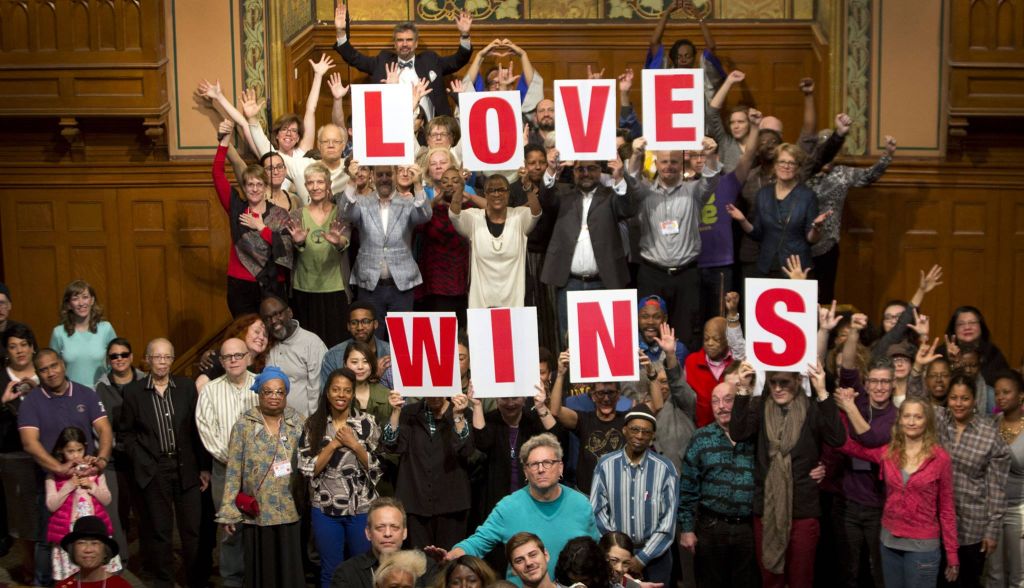
The kind of love that is fierce—that is ubuntu—crosses borders and boundaries; it makes new cultural rules; it cares for the stranger. It turns strangers into friends. Fierce love makes us change the channel on the television, change the dial on the radio, and change our minds about messages about the other and discover how much humanity we have in common. It increases our tribe.
When I was a young woman, I survived a car accident in Windsor, Ontario. Alone, with no money and a totaled car, I encountered a Canadian woman, a stranger, who held me while I wept, bought me food, checked me into a hotel, paid my way, and picked me up the next morning to help me get back to my hometown. She was white, I am Black. She was Canadian, I am American. She didn’t know me but saw our human connection and helped me. I would say she loved me, with ubuntu love.
This is how we will get to an antiracist nation. Ubuntu.
Today in History features stories that probe the past and investigate the present to better understand the roots and rise of hate. The views and opinions expressed are those of the author.

